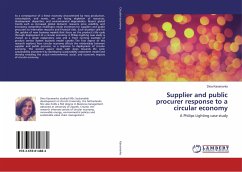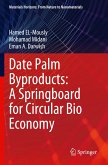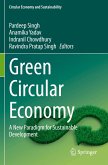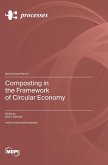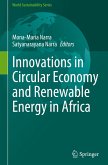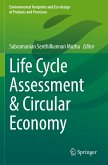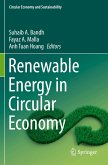As a consequence of a linear economy characterized by mass production, consumption, and waste, we are facing depletion of resources, development disparities, and environmental degradation. Recent global trends such as increased global demand, resource price volatility, and increasing competitive challenges create incentives for suppliers and public procurers to internalize resource and financial risks. Such situation calls for the uptake of new business models that focus on the product's life cycle through deployment of a circular economy. A Philips Lighting case study is chosen as a single explanatory case and a front running example of product service system business model uptake. The first aspect of this research explores how circular economy affects the relationship between supplier and public procurer, as a response to deployment of circular economy. The second aspect deals with steps towards life cycle sustainability assessment by developing sustainability assessment model and thereby revealing the actual environmental, social, and economic impacts of circular economy.
Bitte wählen Sie Ihr Anliegen aus.
Rechnungen
Retourenschein anfordern
Bestellstatus
Storno

